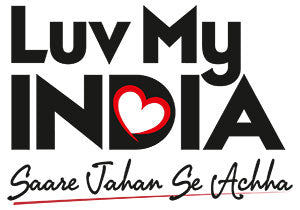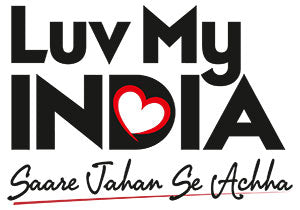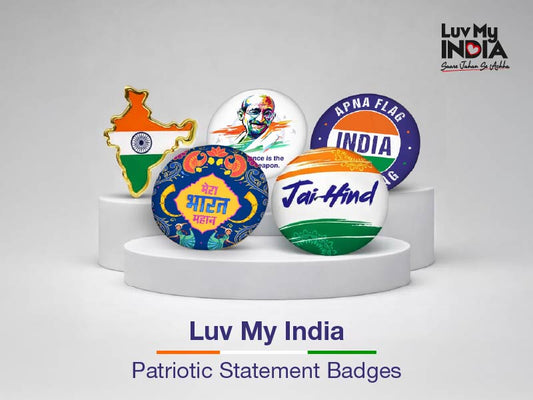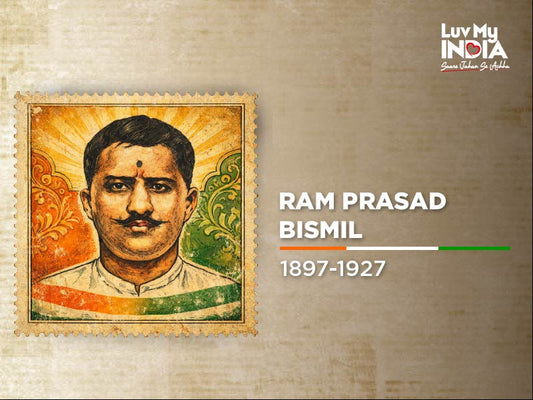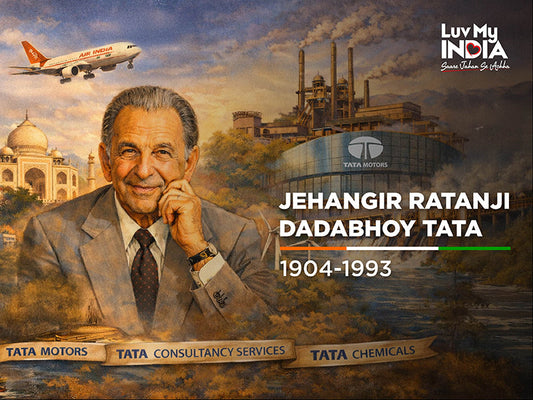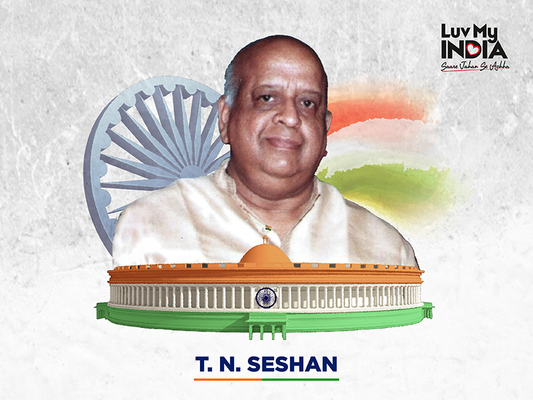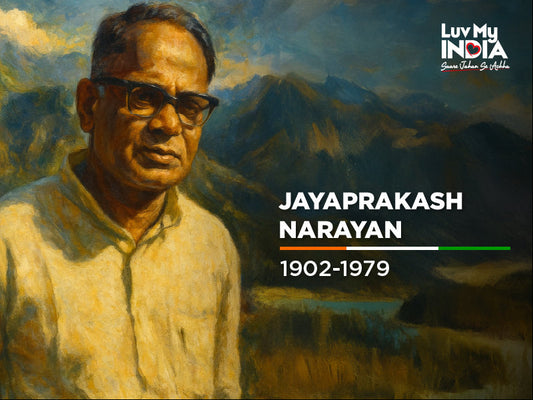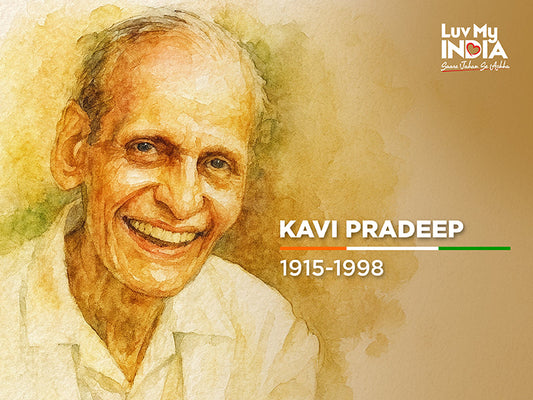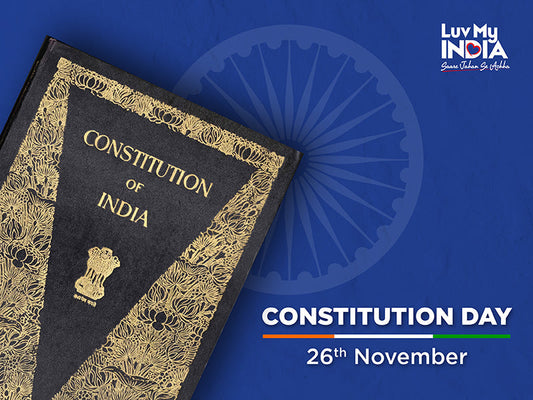For him, patriotism wasn’t a mantle worn for applause, it was a sacred vow. Every time he picked up his pen or stood before a crowd, he did it not as a hero, but as a son trying to heal his mother. For the young generation of free India, he may not be as widely spoken of as some others but his fire burned just as fiercely to prove that India’s freedom was not handed over, it was torn from the grip of colonial chains by people whose courage carved the path to independence.
In every step he took, Deshbandhu Gupta stood not for personal glory but for the dream of a free and awakened Bharat. His name echoes with the spirit of selfless struggle and unshakable resolve. He never asked for legacy. All he asked was freedom—for the farmer to speak, for the student to question, for the press to breathe. And in that relentlessness, he became immortal.
Deshbandhu Gupta wasn’t born into privilege. He was born into a middle-class family in Jhajjar. He grew up in the simmering atmosphere of political unrest but carried within him a larger-than-life dream. With no powerful backing or political godfather, he rose purely through his ideas, conviction and courage. He was a teacher, a journalist, a revolutionary and above all, a selfless patriot.
Interestingly, he wasn’t born Deshbandhu. The nation named him that—not with fanfare, but out of respect. “Friend of the Nation”—not because he marched in the front, but because he carried India on his back when most had given up. At an age when others wrote poetry, he wrote defiance.
His body bore the burden of jail, his home remained under surveillance and his words were clipped by colonial censors. Still, he wrote. Still, he stood. Still, he loved this nation with a purity we now struggle to imagine. At a time when any voice against the Empire was crushed brutally, he dared to question, provoke and awaken.
What made Deshbandhu Gupta’s journalism unique was its empathy and moral courage. He wrote about police brutality, farmer oppression, communal harmony and the importance of youth participation. Every editorial, every column, every pamphlet he wrote had one aim: to ignite the fire of Azadi.
As the freedom movement intensified, Deshbandhu Gupta’s involvement grew deeper. He addressed rallies, supported underground movements and ensured that the spirit of resistance did not die down even in the darkest of times. His speeches often urged Indians to rise above internal conflicts and unite for the common cause of national freedom. In this sense, he was not only fighting the British Raj but also the social evils that weakened India from within.
Even after India achieved independence in 1947, Deshbandhu did not fade away into political comfort. He continued to work for the upliftment of the poor, for education reforms and for strengthening democratic institutions.
Today, Deshbandhu Gupta remains a hero whose name is not often found in school textbooks, yet his impact is undeniable. Streets and institutions may carry his name, but the real tribute lies in living the values he stood for—truth, courage, empathy and action. In times when journalism faces questions and politics leans towards convenience, his life reminds us what it truly means to be a patriot, even when the world rewards silence.
Luv My India salutes the sacrifices like that of Deshbandhu Gupta—the friend of the nation, who chose truth over fear and service over self.

